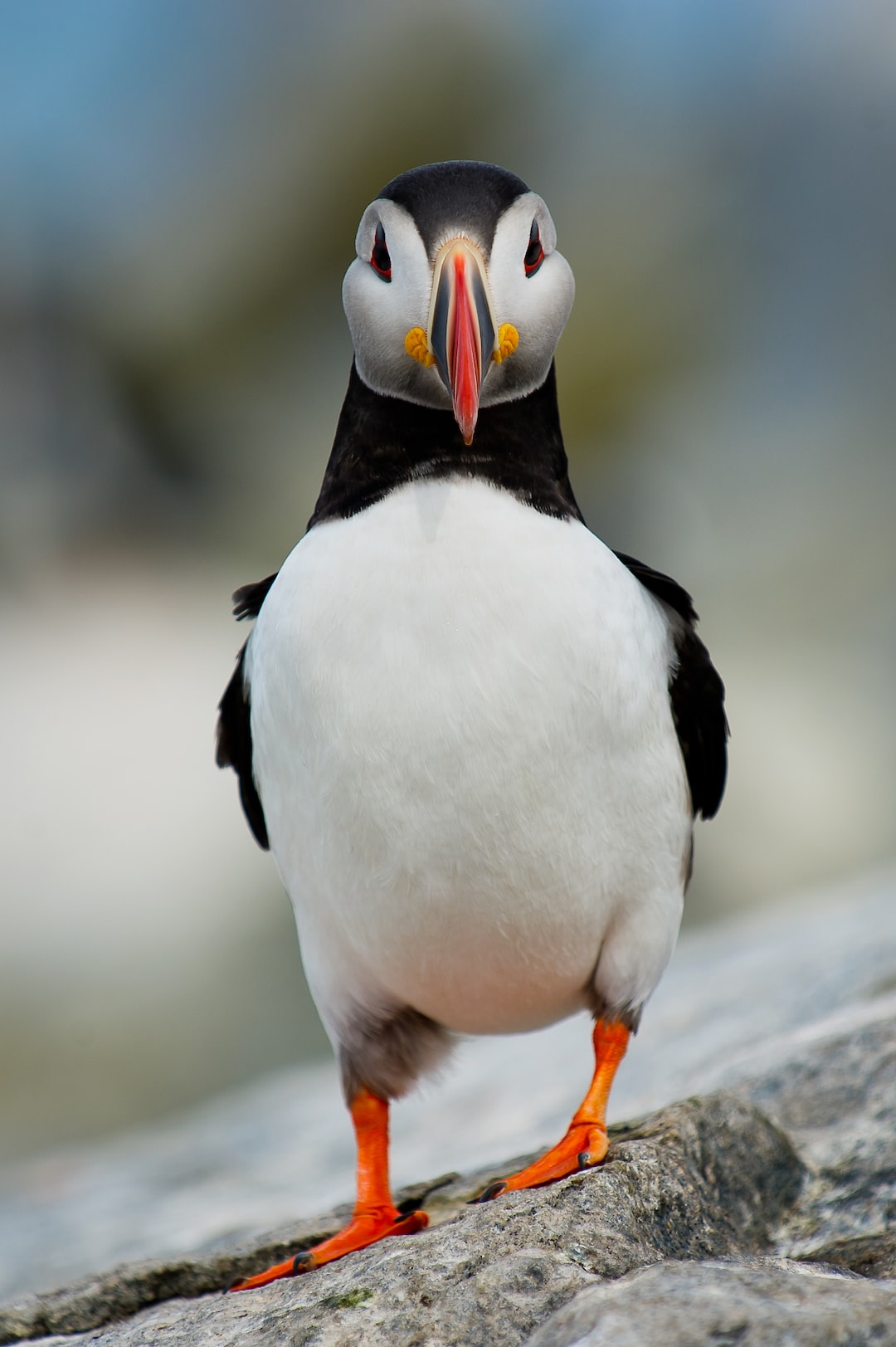The Importance of Bees: More than Just Honey Producers
Bees are often seen as merely producers of honey, a sweet golden liquid that we enjoy adding to our tea or drizzling over our toast. However, their significance goes far beyond the deliciousness of their products. Bees play a crucial role in our ecosystem, and their decline could have devastating consequences for both our environment and our food supply.
One might wonder why bees are so important. The answer lies in their role as pollinators. When bees fly from flower to flower in search of nectar, they unknowingly transfer pollen grains from the male part of a flower to the female part. This cross-pollination is vital for the reproduction of many plants, including fruits, vegetables, and nuts. In fact, it is estimated that one-third of the food we eat is directly or indirectly dependent on honeybee pollination.
The list of crops that depend on bees is extensive. Apples, avocados, almonds, blueberries, cucumbers, melons, and oranges are just a few examples. Without bees, these plants would struggle to reproduce, leading to a decline in their yield and potentially causing a rise in food prices. Moreover, bees also play a crucial role in the pollination of plants that provide food and shelter for other wildlife. In essence, bees are essential for maintaining the balance and diversity of our ecosystem.
Unfortunately, the global bee population has been rapidly declining in recent years. This phenomenon, known as colony collapse disorder (CCD), has been a cause for concern among scientists and environmentalists. There are several factors contributing to CCD, including habitat loss, pesticide use, diseases, and climate change. These threats are causing bee populations to decline at an alarming rate, and if we don’t take action, the consequences could be dire.
To illustrate the severity of the situation, let’s examine the close relationship between bees and almonds, an increasingly popular crop. Almonds are entirely dependent on bees for pollination, and California alone produces nearly 80% of the world’s almonds. To meet this demand, beekeepers from all around the United States transport over a million beehives to California during the almond bloom season. Without bees, this massive industry would collapse, affecting not only almond lovers but also those who rely on the industry for their livelihood.
So, what can we do to protect and support these tiny but essential creatures? Firstly, it is crucial to create bee-friendly habitats by planting a diverse range of flowering plants in our gardens and green spaces. Bees need nectar and pollen from a variety of sources, so the more diverse our gardens are, the better for them. Additionally, reducing or eliminating pesticide use can go a long way in protecting bee populations. Pesticides, particularly neonicotinoids, have been linked to bee decline, as they affect their navigation, immune system, and reproductive abilities.
Moreover, supporting local beekeepers is an excellent way to contribute to bee conservation efforts. By purchasing honey and other bee products from local producers, we can help sustain their operations and support their beekeeping practices. Additionally, taking an interest in beekeeping ourselves can have numerous benefits. Not only do we contribute to bee conservation, but we also get to enjoy the rewards of having our own honey supply and helping to pollinate our local flora.
Furthermore, spreading awareness and education about the importance of bees is vital. Many people are unaware of the significant role bees play in our ecosystem and food production. By sharing information about bees and their decline, we can help inspire others to take action and make a difference. Whether it’s through social media, local community initiatives, or simply talking to our friends and family, raising awareness is essential in the fight to protect bees.
In conclusion, bees are undoubtedly more than just honey producers. Their role as pollinators is indispensable to our ecosystem and our food supply. The decline of bees, caused by factors such as habitat loss and pesticide use, should be a cause for great concern. By creating bee-friendly habitats, reducing pesticide use, supporting local beekeepers, and raising awareness, we can all contribute to the protection of these extraordinary creatures. Saving the bees means safeguarding our environment, our food, and ultimately our future.

